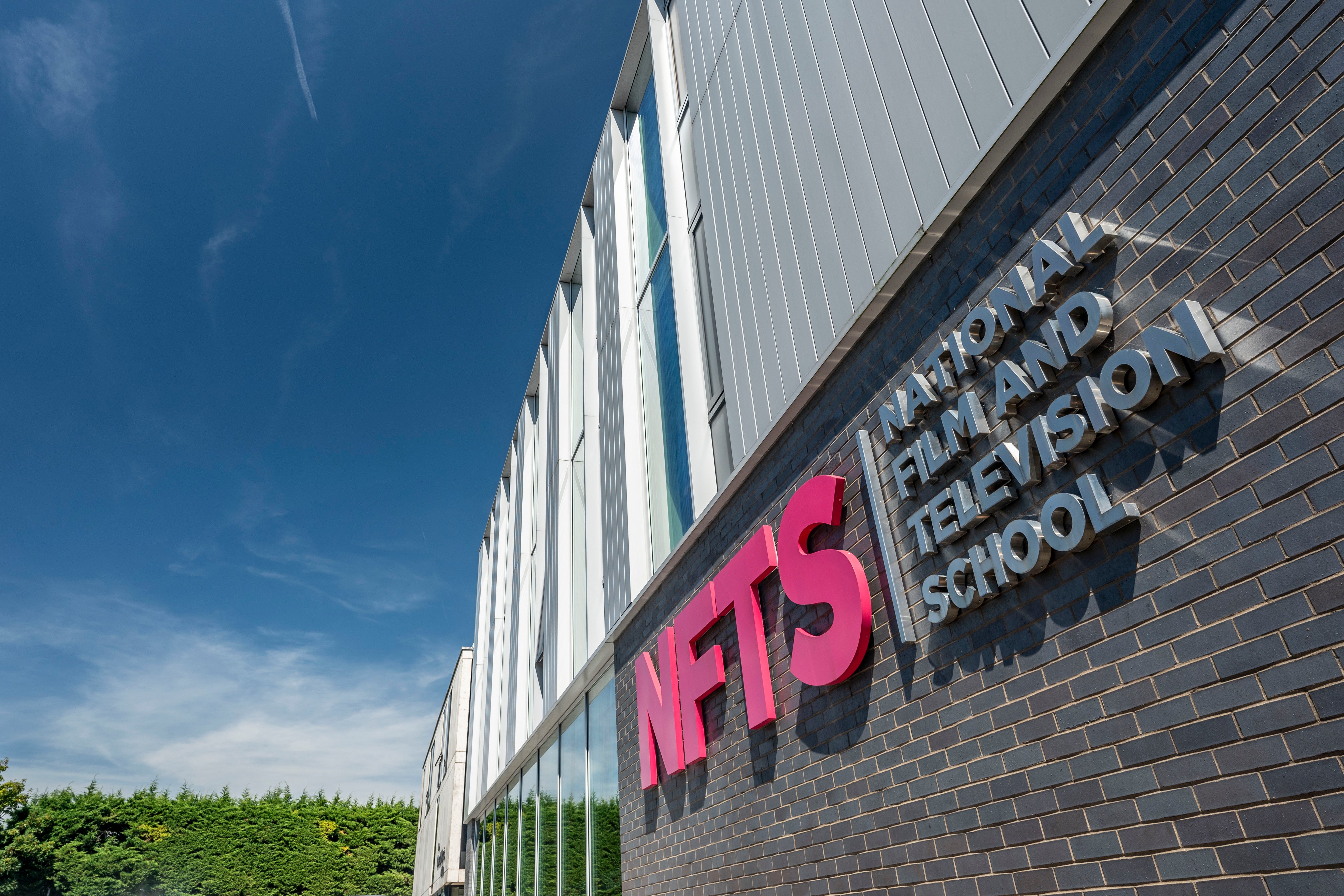The British film and television school that trained celebrated filmmakers and creatives including Aardman’s Nick Park, writer and director Lynne Ramsay and cinematographer Roger Deakins has greatly outperformed the wider British arts industry when it comes to diversity, its new graduate impact report has found.
Access to the arts for those from lower-income and/or ethnically diverse backgrounds has been a hot-button subject in recent years, with concern over the narrowing of pathways to creative success in Britain, and its resulting effect on culture at large.
The new report by the National Film and Television School, however, boasts that their continued commitment to opening doors to professional training is paying off. Published today (7 October), the report found that in the past five years, 50 per cent of students identified as female, over 25 per cent came from ethnically diverse backgrounds, and the number of students from lower socio-economic groups has risen from 9 per cent to 19 per cent during the period. One in three NFTS graduates come from diverse backgrounds overall, compared to just 16 per cent in the wider industry.
Special mention was also given to the £2m spent annually on scholarships and bursaries to students, as well as programmes including the Disabled Talent Commitment, which address “additional costs faced by disabled students”. The school also has hubs outside of its primary base in Beaconsfield, Buckinghamshire, including in Glasgow, Leeds and Cardiff.
The report comes on the heels of a well-publicised Guardian investigation in February that shone a spotlight on the crisis in class disparity in the arts. The investigation found that a disproportionate number of leadership roles in UK arts organisations funded the most by Arts Council England were privately educated or attended Oxford or Cambridge universities.

Dr Jon Wardle, the director of the NFTS, said in a statement: “Since 2020, NFTS alumni have contributed to productions accounting for 89 per cent of UK high-end television spend and 75 per cent of UK film spend. They were at the heart of major inward investment projects such as Barbie and Wicked, while also shaping acclaimed independent films including How to Have Sex, Love Lies Bleeding, Kneecap and Santosh.
“Alumni directed and designed some of the most talked-about TV of recent years – from Baby Reindeer to Andor. These achievements highlight the breadth and depth of our training, and the trust placed in NFTS talent by the world’s leading producers, studios and platforms.”
Among plans for the future of the NFTS is a proposed £21m expansion of its primary Beaconsfield Studios base, which was given £10m in funding by the government in June. The development will allow modernisation of facilities and the adding of 25,000 square feet of teaching and production space.
Founded in 1971, the National Film and Television School counts a number of high-profile creatives among its alumni. They include the documentarian Nick Broomfield and the filmmakers Joanna Hogg, Joachim Trier, Michael Caton-Jones and David Yates.
The full NFTS Graduate Impact Report is available to view here






